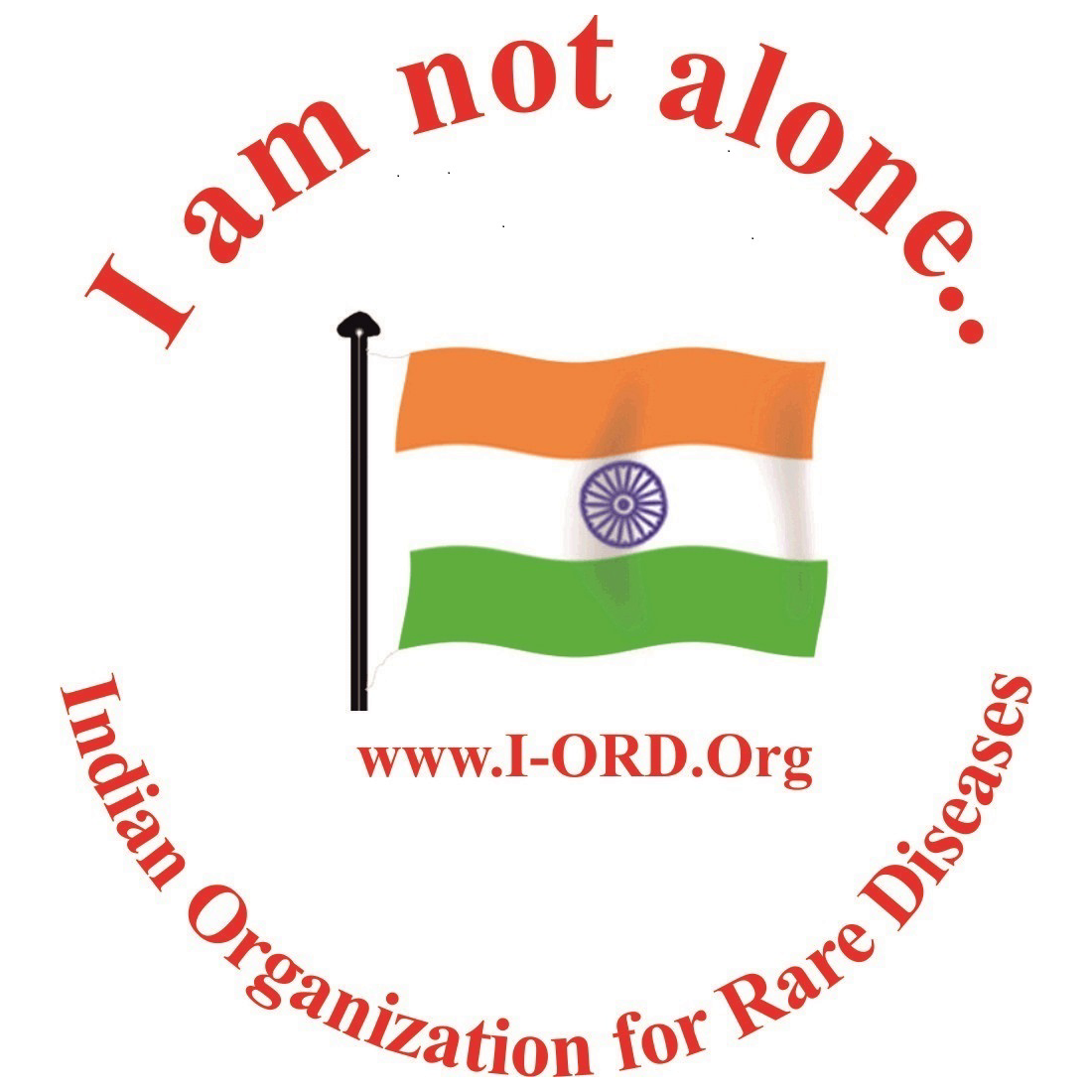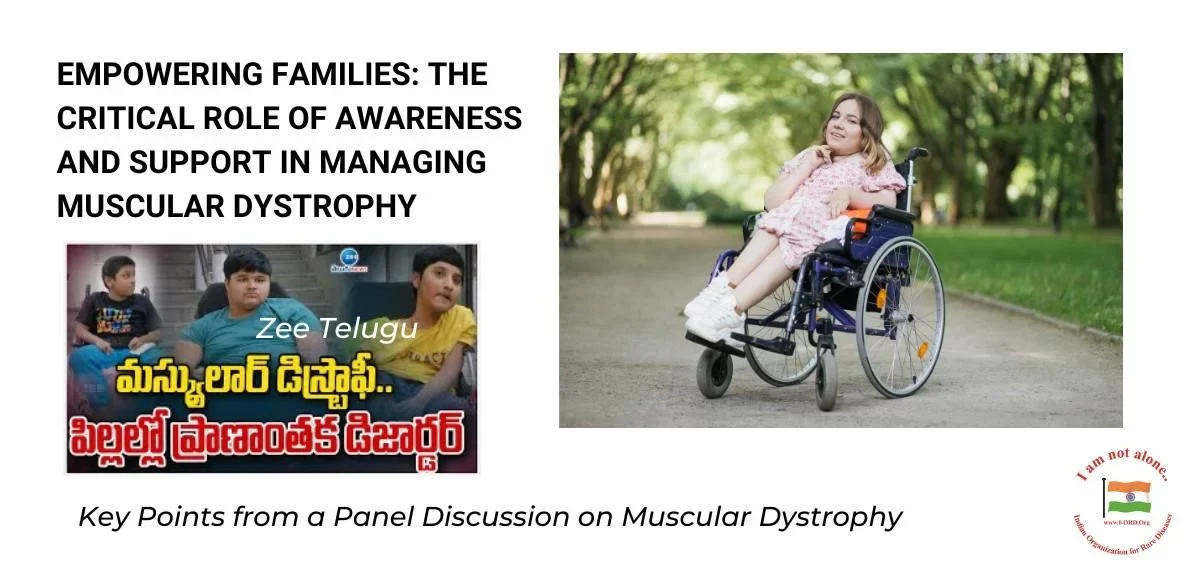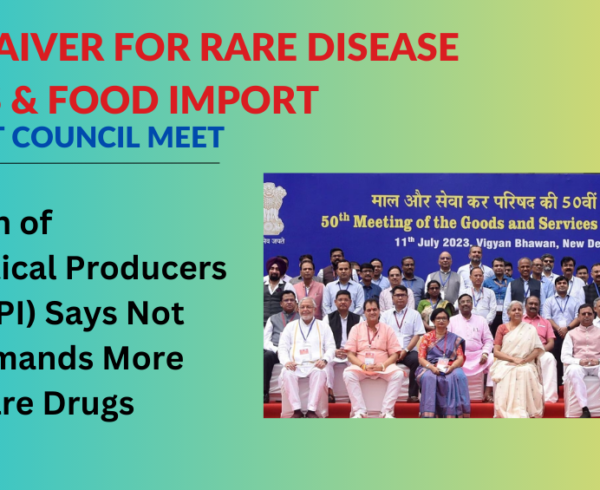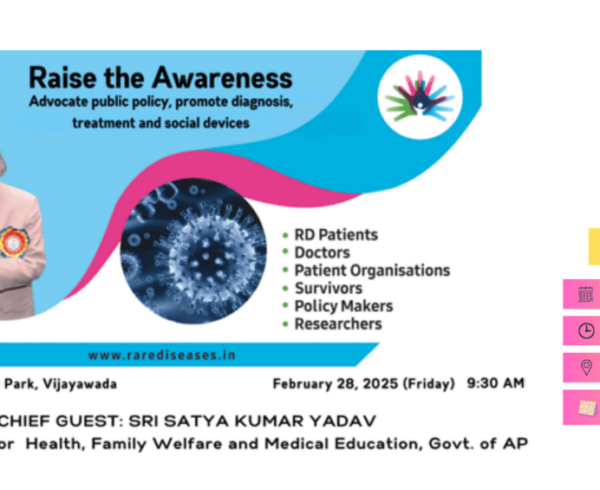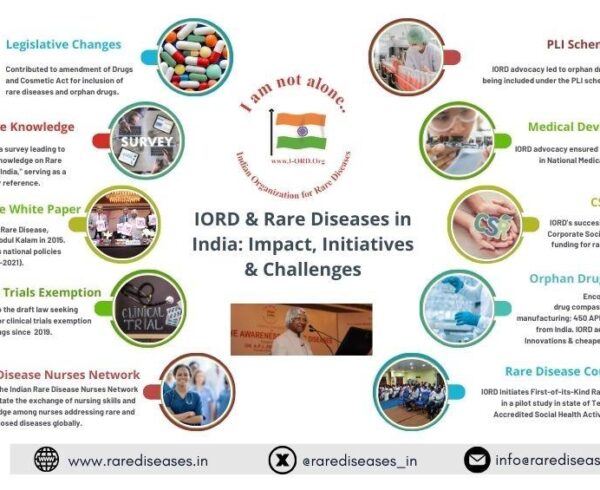The following is an excerpt from a panel discussion on Zee Telugu on Muscular Dystrophy featuring medical experts and members of the BharathMD Foundation, a parent advocacy organization for Muscular Dystrophy. The insights shared during this discussion highlight the importance of awareness, early diagnosis, and access to resources for families navigating the challenges of Muscular Dystrophy.
Muscular Dystrophy is estimated to affect approximately 1 in 3,000 children, leading to progressive muscle degeneration that can severely impact mobility and quality of life.
Pediatric neurologist Dr. Sireesha Yareeda from NIMS Hospital elaborated on the condition, noting that most children with Muscular Dystrophy are born without any apparent issues. However, as they grow, many begin to experience significant mobility challenges, such as difficulty climbing stairs or running. This gradual decline in physical abilities is a hallmark of the disease and can be distressing for both children and their families.
Dr. Yareeda emphasized the diversity within the condition, mentioning that there are around 40 different types of muscular dystrophies, each with its own specific characteristics and progression patterns. For families concerned about the possibility of Muscular Dystrophy, early diagnosis is crucial. The condition can be effectively diagnosed through a genetic test, which is accessible at a cost of approximately Rs 3,500. Before proceeding with genetic testing, a CPK (creatine phosphokinase) test is often conducted. If the CPK levels are significantly elevated, this may warrant further investigation through genetic testing to confirm the diagnosis of Muscular Dystrophy.
Problems Faced by Parents
Parents of children with Muscular Dystrophy often find themselves navigating a complex emotional and physical landscape. During the panel discussion, many emphasized the critical need for awareness and support, highlighting the profound challenges that come with raising a child diagnosed with this condition. The slow and relentless degeneration of muscles can lead to significant changes in a child’s mobility, often resulting in the use of a wheelchair as they grow older. This transition not only impacts the child but also places an immense burden on the family, making daily activities increasingly exhausting.
Support Needs for Children with Muscular Dystrophy
While children with Muscular Dystrophy are often recognized for their high intelligence and cognitive abilities, the progressive nature of the disease creates a profound dependency on a wide array of medical specialists. As the condition affects various bodily functions and systems, these children require multidisciplinary support that spans multiple fields, including pediatrics, neurology, cardiology, pulmonology, and endocrinology. Each of these specialties plays a crucial role in addressing the diverse health challenges that arise as the disease progresses.
Mr. Murali, co-founder of the Bharat MD Foundation, articulated the primary goal of their parent-led support group: to create a unified platform for caregivers and stakeholders involved in the care of children with Muscular Dystrophy. This collaborative approach aims to bridge gaps in communication and resources, ensuring that families can access comprehensive care tailored to their child’s unique needs. By bringing together experts from various medical disciplines, the foundation fosters a holistic understanding of the condition and encourages a more coordinated approach to treatment.
The establishment of this support group is vital, as it not only provides families with essential information and resources but also creates a sense of community among those who share similar experiences. Parents can share their challenges and successes, learn from one another, and advocate for improved healthcare services. Ultimately, the Bharat MD Foundation seeks to empower families, enhance the quality of care for children with Muscular Dystrophy, and raise awareness about the importance of comprehensive support in managing this complex condition.
Care for Muscular Dystrophy
During the panel discussion, Dr. Santosh Kumar, a member of the National Medical Commission, shed light on the significant challenges faced by children with Muscular Dystrophy in accessing essential government support. He noted that many families experience frustrating delays in obtaining disability scholarships and pensions, which are crucial for managing the financial burdens associated with the condition. Particularly in Telangana, these delays are more pronounced compared to Andhra Pradesh, highlighting the inconsistencies in support across different states. Dr. Kumar emphasized the need for a streamlined process to ensure that children receive timely assistance, advocating for hassle-free rehabilitation care tailored to their unique needs.
In addition to addressing bureaucratic challenges, Dr. Kumar proposed the establishment of a Centre of Excellence for Duchenne Muscular Dystrophy (DMD) in Hyderabad. This center would serve as a dedicated facility for comprehensive care, research, and education, ultimately improving outcomes for children with Muscular Dystrophy. By centralizing resources and expertise, such a center could facilitate better diagnosis, treatment, and ongoing support for affected families.
Echoing these sentiments, BharatMD Foundation co-founder Mr. Murali called for the availability of generic versions of US FDA-approved gene therapies in India. The high cost of these therapies often puts them out of reach for many families, leaving them with limited options for treatment. By advocating for more accessible medications, Mr. Murali aims to ensure that children with Muscular Dystrophy can benefit from the latest advancements in medical science.
Pediatric neurologist Dr. Sheerisha added to the conversation by discussing the current treatment protocols, which primarily involve the use of steroids. While these medications are prescribed to manage symptoms and slow disease progression, they often come with a range of side effects that can impact the child’s overall well-being. Dr. Sheerisha expressed optimism about the future, noting that several advanced drugs are in development that could offer more effective treatment options with fewer adverse effects. This prospect of innovative therapies raises hope for improved care and quality of life for children living with Muscular Dystrophy.
